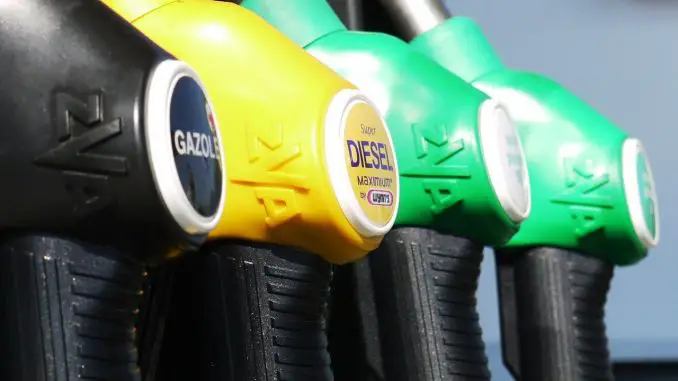
From the rescue of environmental problems to a hefty hangover.
The diesel cars have been found to emit significantly more harmful nitrogen oxides and particles than the manufacturers’ own statements.
Now higher demands are placed on diesel cars and bans are waiting in a number of major cities.
Therefore, diesel can be good for the environment – but bad for humans.
After the temperature around the world continued to rise, measures were required. The rescue in the automotive industry was spelled diesel, which was seen at least as part of the solution to the problem. After all, the fuel is more energy-efficient than gasoline and better for the greenhouse effect, as each burned liter of diesel emits less carbon dioxide than every burned liter of gasoline.
Environmental awards were introduced – then came the setback.
Diesel, when incinerated, was found to emit more harmful particles and higher levels of nitrogen oxides than previously thought.
Diesel – from acclaimed to saw
Everything was buzzing in the summer of 2015 in connection with the diesel scandal with Volkswagen at the forefront. The German car manufacturer’s vehicle proved to be able to detect when it was subjected to tests and the cars could thus appear to meet the emission requirements when they were certified.
After all, the diesel was not good for the environment in terms of the smaller perspective. At the same time as greenhouse gas emissions of carbon dioxide are decreasing, emissions of nitric oxide and harmful particles are increasing.
In short, it can be said that diesel engines are good for the greenhouse effect and the global environment, but the worse on the local level.
Advantages and disadvantages of diesel
The particles basically consist of soot with various residues from oil and combustion.
Partly it is dirty which is an aesthetic problem, and many of these things that come with danger when you get them into the body.
Nitric oxides contribute to smog in the cities. When the chemical compound reacts with moisture, nitric acid and nitric acid are formed, which in turn corrode and damage buildings. But it can also irritate your respiratory tract.
The lungs and the entire respirator take a beating to absorb nitrogen oxides and the acids formed by them
Technically difficult and higher price
Gasoline engines have long been used by three-way catalysts that handle nitrogen oxides and carbon monoxide. But it is more difficult to find a similar solution for diesel engines.
Nitrogen oxides and particles are not directly the diesel trump card. As far as the nitric oxide is concerned, it is a technical challenge for the diesel engine that is more difficult than in a gasoline engine. It is a bit trickier to get a simple and cheap, well-functioning purge on a diesel engine.
Then it leads to a higher price. So the question is whether the customer wants to pay that price because it is the customer who will go there for it.
Leave a Reply